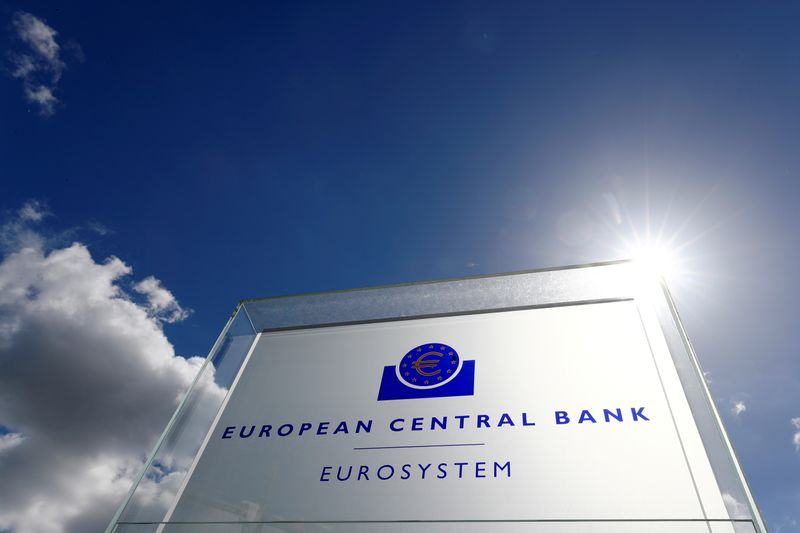ATHENS (Reuters) – The European Central Bank has essentially approved a Greek proposal over new rules on deferred tax credits which would make it easier for banks to shed the huge stock of non-performing loans built up in the financial crisis, a Greek official said.
The official, who spoke on condition of anonymity, said the ECB had “given the green light” to a draft legal amendment that would allow banks to book losses without giving the state the right to a share in their capital.
Under current rules, losses would trigger the conversion of deferred credits into equity held by the state.
The amendment, which allows banks to offset losses for an extended 20-year period, would remove a constraint on shedding bad debt by allowing banks to securitize non-performing loans and book the resulting losses without diluting other shareholders’ stakes.
The ECB is not responsible for changing the rules but its legal service is expected to give an opinion on the proposals.
The amendment comes as the government of Prime Minister Kyriakos Mitsotakis has sought to attract investors to banks, cut the state’s own holdings, and help lenders shed bad debts left over from the financial crisis.
Deferred tax credits are estimated to total about 15 billion euros ($17.84 billion) in the country’s four systemic banks- National, Piraeus, Alpha and Eurobank.
Deferred tax credits became a feature of the system during the crisis after banks were allowed to boost their capital base by converting deferred tax assets, which do not count towards core capital, to deferred tax credits, which do.
Earlier this year, Greece extended a bad-loan reduction scheme, named Hercules, to help banks further cut their non-performing exposures (NPEs) by 30 to 32 billion euros for the country’s four big banks.
This will bring them closer to the average NPE ratio in Europe of 2.6% from about 30% at the end of last year.
($1 = 0.8410 euros)
(Reporting by Lefteris Papadimas in Athens and Balazs Koranyi in Frankfurt; Editing by Tomasz Janowski)



















